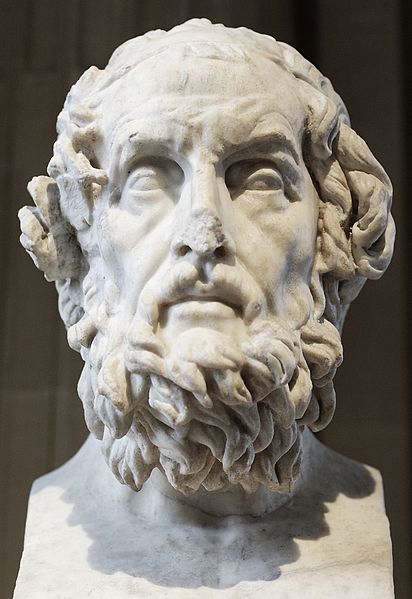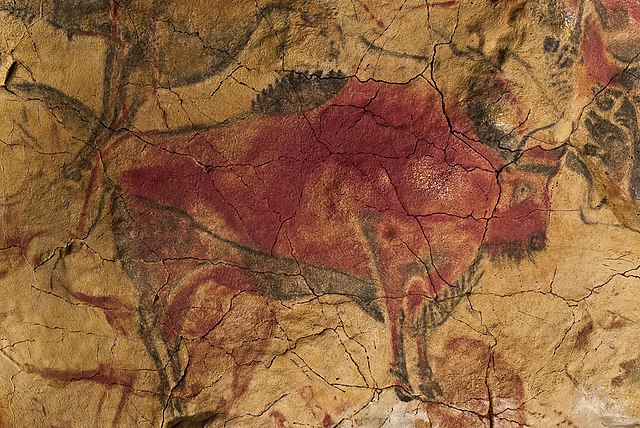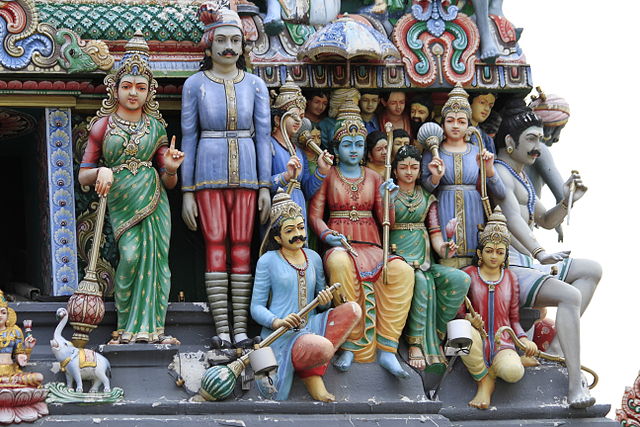Humanities are academic disciplines that study aspects of human society and culture, including certain fundamental questions asked by humans. During the Renaissance, the term 'humanities' referred to the study of classical literature and language, as opposed to the study of religion or 'divinity.' The study of the humanities was a key part of the secular curriculum in universities at the time. Today, the humanities are more frequently defined as any fields of study outside of natural sciences, social sciences, formal sciences, and applied sciences. They use methods that are primarily critical, speculative, or interpretative and have a significant historical element—as distinguished from the mainly empirical approaches of science.
The philosopher Plato – Roman copy of a work by Silanion for the Academia in Athens (c. 370 BC)
Bust of Homer, the most famous Greek poet
A trial at a criminal court, the Old Bailey in London
Shakespeare wrote some of the most acclaimed works in English literature.
Culture is a concept that encompasses the social behavior, institutions, and norms found in human societies, as well as the knowledge, beliefs, arts, laws, customs, capabilities, and habits of the individuals in these groups. Culture is often originated from or attributed to a specific region or location.
Human symbolic expression developed as prehistoric humans reached behavioral modernity.
Religion and expressive art are important aspects of human culture.
Germans marching during a folk culture celebration
Pygmy music has been polyphonic well before their discovery by non-African explorers of the Baka, Aka, Efe, and other foragers of the Central African forests, in the 1200s, which is at least 200 years before polyphony developed in Europe. Note the multiple lines of singers and dancers. The motifs are independent, with theme and variation interweaving. This type of music is thought to be the first expression of polyphony in world music.








